
Look for U.S. oil production to reach a new record high in 2018. Also look for the patience of Tesla investors to be tested this year.
The mission of R-Squared is to foster civil, objective discussions on energy and environmental issues.

Look for U.S. oil production to reach a new record high in 2018. Also look for the patience of Tesla investors to be tested this year.

I accurately projected that oil would flow through the Dakota Access Pipeline in 2017, but had a big miss on the direction of the midstream sector.
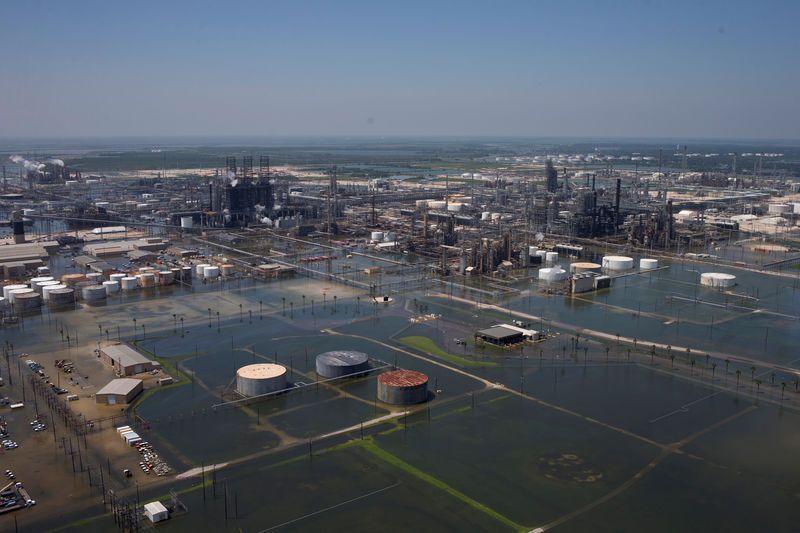
The year in energy was dominated by a rollback of Obama-era regulations, and a strong recovery in the oil sector.
The tax bill recently signed by President Trump should be a boon to corporate America. The bill will drop the corporate tax rate from the current 35% to 21%. But energy companies, which have historically […]
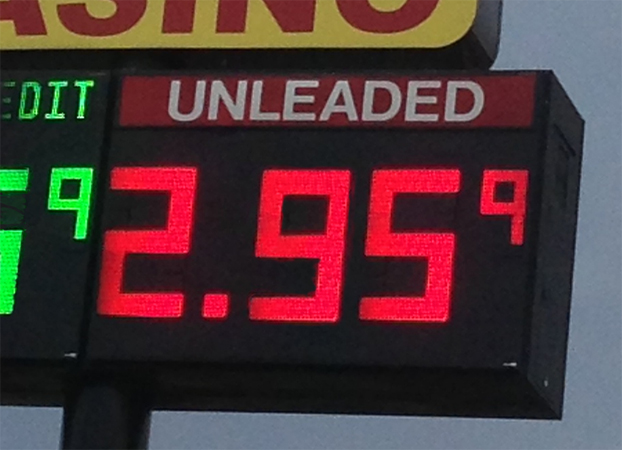
Last year AAA reported that Americans waste billions of dollars each year on premium gasoline. A new AAA study concludes that’s true in most cases even if premium-grade is recommended for your car.
Appalachian Basin natural gas production has risen by 200% in the past five years. The region’s gas production now ranks ahead of all but two countries in the world.
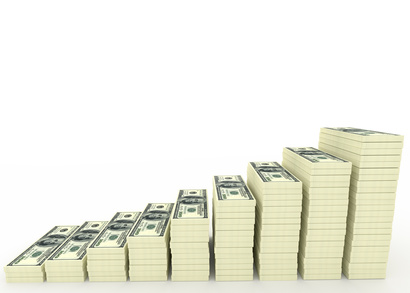
In today’s column, I share the most important financial advice I have ever learned. Apply it in your life, and watch your wealth grow.
Oil prices are probably headed higher in 2018, but higher oil production is likely to keep a lid on natural gas prices next year.
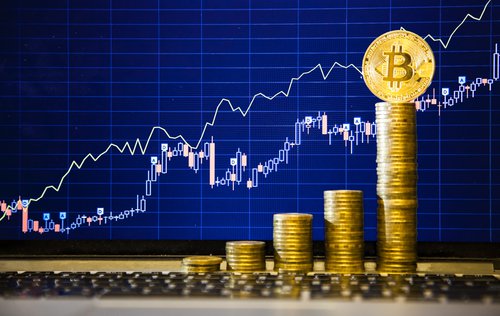
Before rushing to become the next bitcoin millionaire, let me share what I learned about risk from a compulsive gambler many years ago.
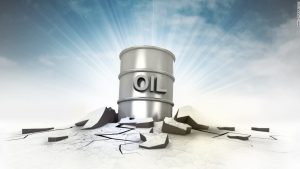
Oil prices are governed by cycles, and recent indications are that we are moving back into a cycle that will be governed by fear of insufficient oil supplies.